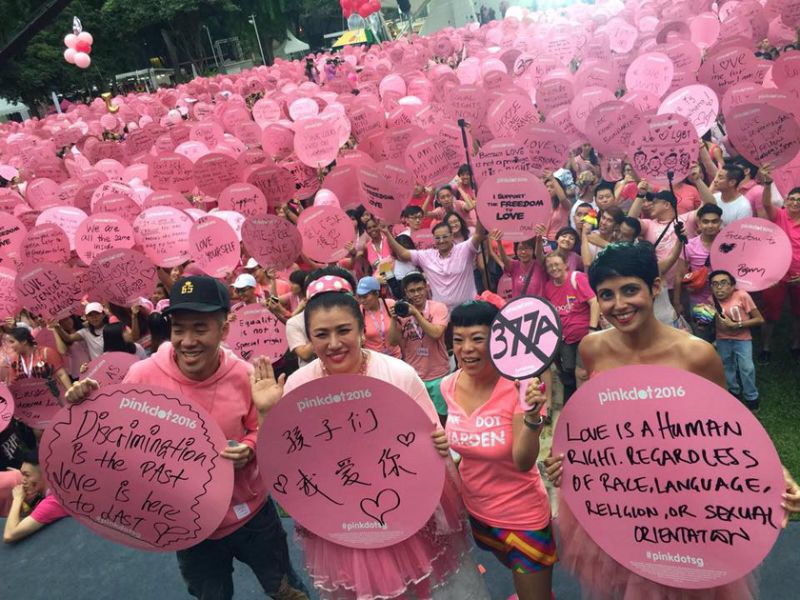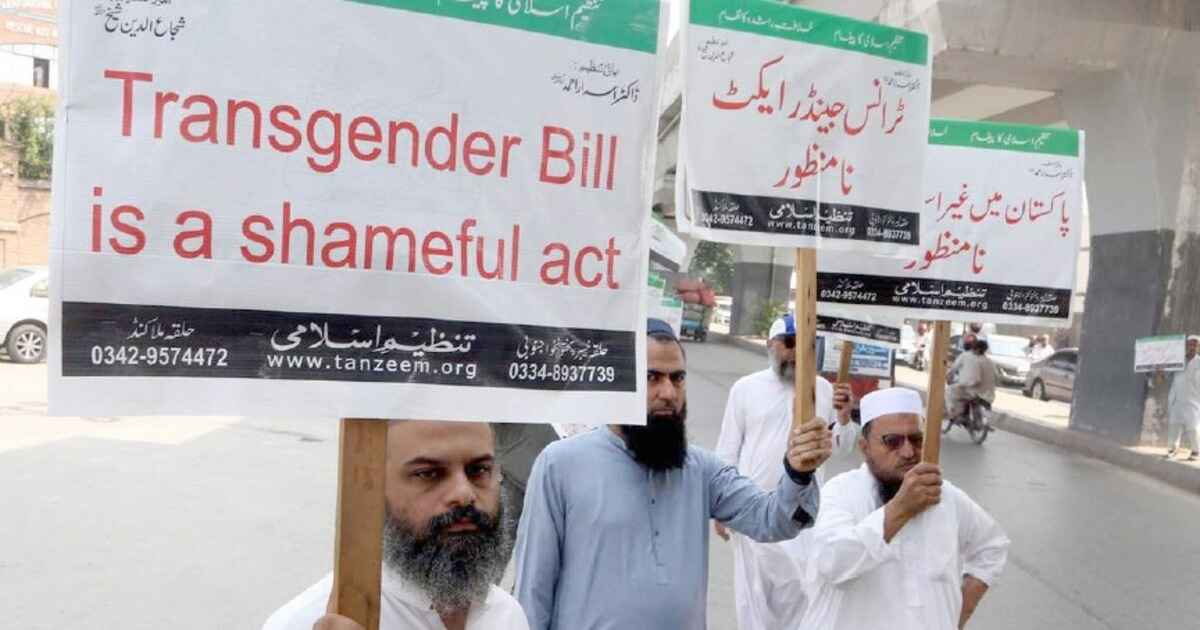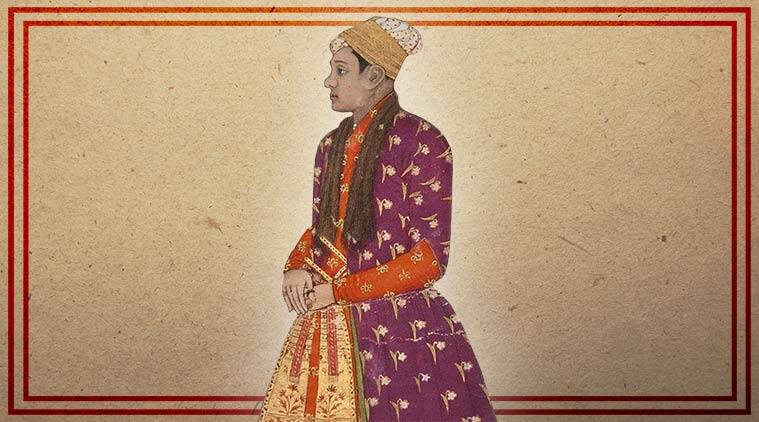European lawyers are urging the prime minister of Bangladesh to protect a Bangladeshi attorney whose gay-rights activism has made him the target of death threats.
CLICK for a free subscription to Erasing 76 Crimes

The president of the Council of Bars and Law Societies of Europe (CCBE) wrote to Bangladesh Prime Minister Sheikh Hasina on Oct. 19, seeking protection for attorney/activist Shahanur Islam.
In the letter, the CCBE “respectfully urges Your Excellency to do everything in your power to urgently provide adequate protection to lawyer Shahanur Islam and his family, since it is believed that this continuous acts of threats and harassment are based on his legitimate activities as a human rights lawyer.”
The CCBE “represents the bars and law societies of 45 countries, and through them more than 1 million European lawyers. The CCBE places great emphasis on respect for human rights and the rule of law and is particularly concerned with the situation of human rights defenders around the world,” the organization states in its letter to the prime minister.
Shahanur Islam says that there has been no response from her.
The International Observatory of Lawyers denounced the death threats and noted that “On 6 October 2022, Saidul Islam, a transgender person and cousin of the lawyer, was kidnapped by several people in Kolabazar, Naogaon district. During the attack, the lawyer was threatened to withdraw his complaint against, among others, Jahurul Islam, the state representative in the district, who was accused of assaulting the lawyer.”
The threats against Shahanur Islam are not new. Neither is the CCBE’s involvement.
The CCBE previously wrote to the prime minister in November 2021 in connection with Shahanur Islam’s LGBTQ rights advocacy, ongoing death threats, a 2020 attack that left him hospitalized, and a court case between him and a Bangladeshi official,
In that letter, then president of the CCBE Margarete von Galen wrote:

“[On] 26 August 2020 lawyer Shahanur Islam was attacked by approximately 10 individuals at the court premises of Naogaon district in the northern part of Bangladesh. As a result of the attack, we understand that he suffered serious face and body injuries and was subsequently hospitalised.
“It is reported that the attack took place just after he left the hearing, he took part in against Md. Jahurul Islam, Member of District Parishad. The hearing in question concerned a case between lawyer Shahanur Islam and Jahurul Islam. This case began in late 2018 when Jahurul Islam made false allegations against lawyer Shahanur Islam and two other members of his family.
“It is reported that the attack was led by Jobayer Hossain, son of Jahurul Islam and was aimed at intimidating the lawyer to withdraw his case. In this regard, we understand that although a criminal case was filed against Jahurul Islam and his associates, only two of the assailants were arrested and no proper impartial investigation was conducted by the police. It is also reported that the two arrested assailants were then released on bail.
“In addition to this, it is reported that lawyer Shahanur Islam has repeatedly received threats against him and his family over social media and on his cell phone to withdraw the case against Jahurul Islam.
“Furthermore, we understand that it is not the first time that the lawyer is under attack. It is indeed reported that he has been receiving death threats and has been the victim of physical assaults and hate speeches since 2016.
“It is notably reported that in February 2018, the Magistrate Court of Naogaon issued an arrest warrant against him in relation to his work in the defence of LGBTQI+ persons from discrimination. It is also reported that he has received threats to stop raising his voice for ensuring the rights of the LGBTQI+ people.

“Lawyer Shahanum Islam is a well-known human rights lawyer who has defended the rights of ethnic, religious, political and sexual minorities (LGBTQI+), as well as in cases of torture, extrajudicial killing, enforced disappearance and organised violence.
“He was awarded the JusticeMakers Fellowship in 2010 by the International Bridges to Justice (IBJ) for his work promoting human rights in Bangladesh. …
“[The] CCBE respectfully urges Your Excellency to do everything in your power to ensure that a full and impartial investigation into this reported attack is being carried out, with a view to bringing those responsible to justice in accordance with international standards, as well as to ensure the safety of lawyer Shahanur Islam and his family members, since it is believed that this continuous harassment against him is based solely on his legitimate activities as a human rights lawyer. In addition, the CCBE wishes to recall that all lawyers should be able to carry out their professional duties without fear of reprisal, hindrance, intimidation or harassment in order to preserve the independence and integrity of the administration of justice and the rule of law. “
Shahanur Islam was one of seven attorneys from seven nations who were highlighted in 2021 in the article “Calls for global solidarity for lawyers at risk” by Counsel magazine.
On Oct. 4, 2022, current CCBE president James MacGuill wrote to the prime minister, again seeking protection for Shahanur Islam because of renewed death threats:
“According to information we have received, lawyer Shahanur Islam received several death threats in late August and early September 2022 due to his … work as a lawyer in defence of human rights. It is reported that on 25 August and 6 September 2022 he received death threats messages along with his wife and kid over his mobile phone. It is reported that the messages threatens him to stop to his human rights work in defence of LGBTQI+ victims or otherwise he will be killed brutally along with his family members.”
MacGuill followed up with the letter of Oct. 19, stating that
“[T]hreats against him have intensified due to his continuous work as a lawyer in defence of human rights. It is indeed reported that on 6 October 2022, 3 to 5 people forcefully stopped his cousin, Saidul Islam at Kolabazar Naogaon.
“It is reported that they threatened him to kill Shahanur Islam, if the latter did not withdraw the cases against Jahurul Islam and the aggressors who physically attacked him at the court premises of Naogaon district in 2020.2 It is reported that one of the individuals involved was the brother-in-law of Jahurul Islam and member of the criminal gang of Jahurul, who took part in the physical attack against Shahanur Islam in 2020. We understand that the case is under investigation by the Police Bureau of Investigation in Naogon.”
Shahanur Islam remains at risk.
“Unfortunately no initiative has been taken by the government to protect / ensure my safety and security,” he said.


























